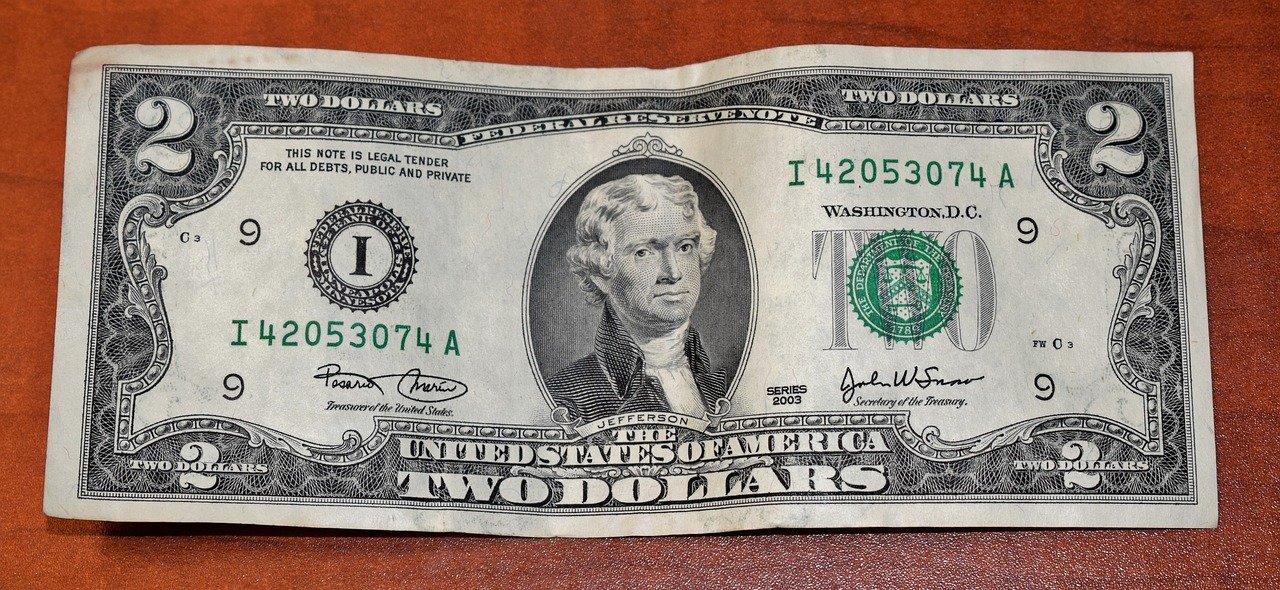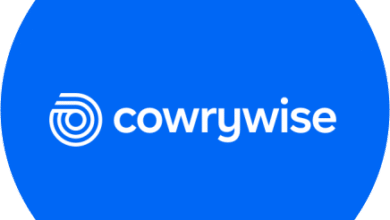How to Trade USDT in Nigeria

How to Trade USDT in Nigeria
Do you want to know how to trade USDT in Nigeria? If yes! Continue going through this article.
You know how cryptocurrencies have been making waves lately, right? Well, USDT, or Tether, is one of the most popular and stable digital currencies. It’s a stablecoin, which means it’s pegged to the US dollar, so its value doesn’t fluctuate as much as other cryptos.
Now, if you’re in Nigeria and want to get into the crypto game, trading USDT might be an excellent option. It’s a way to dip your toes into digital assets without worrying too much about the volatility of other cryptocurrencies.
Imagine being able to buy and sell USDT with ease, using it as a haven for your money or even as a means of making transactions online. Pretty cool, right? And the best part is there are several platforms and exchanges in Nigeria that allow you to trade USDT hassle-free.
So, whether you’re a seasoned crypto trader or a complete newbie, stick around because I’m about to share some insider tips on how to trade USDT in Nigeria.
Do you find this article interesting? Then let’s hop in.
What is USDT?
USDT, also known as Tether, is a cryptocurrency that falls under the category of stablecoins. A stablecoin is a type of cryptocurrency designed to maintain a stable value by being pegged to another stable asset, in this case, the U.S. dollar.
USDT was one of the pioneering stablecoins, aiming to provide an interface between fiat currencies and cryptocurrencies. It operates on multiple blockchain platforms, including Bitcoin, Ethereum, TRON, and others, through the ERC-20 standard, allowing compatibility and interoperability across different blockchain networks.
USDT is issued by Tether Limited and traded under the ticker symbol USDT. The fundamental concept behind USDT is that each token is meant to be backed by a reserve of $1 in Tether’s reserves, allowing it to maintain a 1:1 peg with the U.S. dollar and minimize volatility.
USDT is widely used in cryptocurrency trading to move between different cryptocurrencies without converting back to fiat currencies each time, facilitating more effortless and efficient trading. However, Tether’s issuer has faced issues, including banking problems, a lack of transparency, legal disputes, and allegations of market manipulation. In 2019, Tether and its partner exchange, Bitfinex, paid $18.5 million to settle a lawsuit with the New York Attorney General.
What is USDT Trading?
USDT trading refers to the exchange of Tether (USDT), a stablecoin pegged to the value of the US dollar, with other cryptocurrencies or fiat currencies. It’s a popular digital currency that mirrors the value of the US dollar, making it a stable store of value and medium of exchange. USDT is collateralized by the US dollar, meaning that for every USDT issued, there is a corresponding US dollar held in reserve.
This ensures that the value of USDT remains stable and equivalent to the US dollar, reducing the volatility associated with other cryptocurrencies. As a result, USDT has become a widely accepted and trusted digital currency used for trading, payments, and remittances. Its stability and liquidity make it an attractive option for traders, investors, and individuals seeking a reliable digital currency for transactions and investments.
Is it Safe to Trade USDT in Nigeria?
There are legal uncertainties you can face when trading USDT in Nigeria due to the lack of clear cryptocurrency regulations from the Central Bank of Nigeria. You also expose yourself to potential volatility and manipulation risks, despite USDT’s intended U.S. dollar peg, as the stablecoin market can be susceptible to these issues.
You must be wary of counterparty risks stemming from the cryptocurrency exchanges and trading platforms you use, as they have experienced security breaches, hacks, and insolvencies leading to user losses. Ensure that you exercise extreme caution to avoid falling victim to the fraudulent activities and scams that plague the cryptocurrency space when engaging in USDT transactions.
Also, try to comply with KYC and AML procedures on some legitimate trading platforms, which can create barriers for specific individuals. Use reputable, well-established platforms with robust security like two-factor authentication and cold USDT storage to minimize risks. Stay informed about evolving regulations, conduct thorough due diligence, and only invest what you can afford to lose, given the inherent market volatility and risks.
Why Trade USDT?
You trade USDT because it provides stability. USDT is a stablecoin pegged to the U.S. dollar, meaning its value remains relatively constant compared to other cryptocurrencies that can be highly volatile.
Trading with USDT allows you to avoid the risk of your assets rapidly losing value due to crypto market fluctuations. You use it as a haven to park your funds during market turbulence.
USDT facilitates seamless value transfers between cryptocurrency exchanges. You can quickly move funds between different trading platforms without converting back to fiat currency first.
Many exchanges and lending platforms require USDT as collateral for leverage trading or borrowing. Using USDT meets these collateral requirements.
USDT provides liquidity across many cryptocurrency trading pairs. You can quickly enter or exit positions against significant cryptos like Bitcoin and Ethereum using the highly liquid USDT markets.
Since USDT maintains a stable USD-pegged value, you can use it to calculate profits and losses more quickly compared to using a fluctuating cryptocurrency as the quoted currency.
How to Trade USDT in Nigeria
Are you interested in trading USDT (Tether) in Nigeria? With the growing popularity of cryptocurrencies, it’s essential to understand the process of buying and selling USDT in the country.
Now let’s look at how to trade the usdt in Nigeria:
●Create an Account
●Verify your Account
●Deposit Funds
●Buy your USDT
●Store your USDT
●Sell your USDT
Create an Account
To begin trading USDT, you must create an account on a reputable cryptocurrency exchange or peer-to-peer platform. Some popular options include Binance, Kraken, Bitmama, Breet, Coinbase, Yellow Card, Prestmit, LocalBitcoins, etc. Sign up with your email address, password, and other required details to create your account.
Verify Your Account
To comply with Know-Your-Customer (KYC) regulations, you must verify your account by providing identification documents. This step is crucial to ensure the security and legitimacy of your transactions. Upload the required documents and wait for the verification process to complete.
Deposit Funds
Once your account is verified, you can deposit funds in Nigerian Naira (NGN) or other supported cryptocurrencies. Use a payment method accepted by the exchange or platform, such as bank transfer, credit/debit card, or e-wallet.
Buy USDT
With funds in your account, you can buy USDT on the exchange or peer-to-peer platform. Use the trading interface to place an order, specifying the amount of USDT you want to purchase and the price you’re willing to pay.
Store Your USDT
After purchasing USDT, transfer your funds to a secure cryptocurrency wallet, such as MetaMask or Trust Wallet. This step is essential to protect your assets from exchange hacks or security breaches.
Sell Your USDT
When you’re ready to cash out, sell your USDT on the exchange or peer-to-peer platform. Specify the amount you want to sell and the price you’re willing to accept. Once the transaction is complete, withdraw your funds in NGN or other supported currencies.
Frequently Asked Questions on How to Trade USDT in Nigeria
Q1: What is USDT?
A: USDT (Tether USD) is a stablecoin pegged to the value of the US dollar. It’s a cryptocurrency designed to reduce the volatility of other cryptocurrencies.
Q2: How do I start trading USDT in Nigeria?
A: To start trading USDT in Nigeria, you must create an account on a reputable crypto trading platform, verify your account, deposit funds (Naira or other cryptocurrencies), buy USDT, and start trading.
Q3: What are the requirements to trade USDT in Nigeria?
A: To trade USDT in Nigeria, you’ll need:
●A valid government-issued ID (e.g., passport, driver’s license)
●Proof of address (e.g., utility bill, bank statement)
●A smartphone or computer with internet access
●A crypto trading platform account
●Funds (Naira or other cryptocurrencies) to deposit
Q4: How do I fund my account to trade USDT in Nigeria?
A: You can fund your account using:
●Naira (through bank transfer, debit card, or online banking)
●Other cryptocurrencies (e.g., Bitcoin, Ethereum)
●USDT itself (if you already have some)
Q5: What are the trading hours for USDT in Nigeria?
A: USDT trading is available 24/7, but some platforms may have limited customer support hours.
Q6: How do I withdraw my USDT trading profits in Nigeria?
A: You can withdraw your profits in:
●Naira (through bank transfer or debit card)
●Other cryptocurrencies
●USDT itself (if you want to hold or transfer it)
Q7: Is trading USDT in Nigeria safe?
Trading USDT in Nigeria is generally safe if you:
●Use reputable and regulated platforms
●Enable two-factor authentication
●Use strong passwords and keep them private
●Be cautious of phishing scams and fraudulent activities
Bottom Line on How to Trade USDT in Nigeria
Trading USDT in Nigeria involves buying and selling the stablecoin on cryptocurrency exchanges or peer-to-peer marketplaces. It’s essential to understand USDT, choose a reputable platform, create an account, deposit funds, buy USDT, store it in a secure wallet, and sell or trade while complying with local regulations and tax laws.



